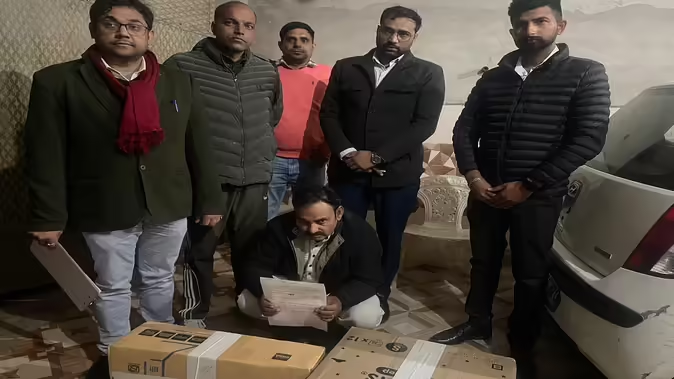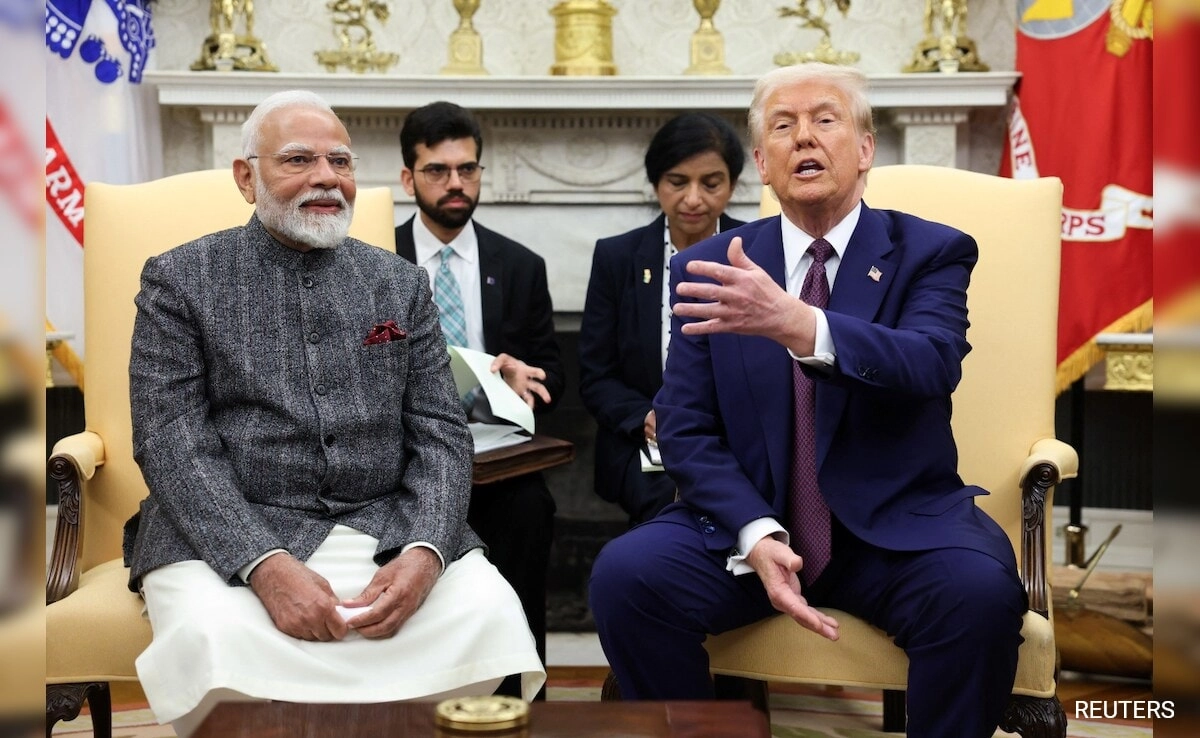In a recent exchange that has captured public attention, Siraj has responded to a compliment from Asaduddin Owaisi, the prominent leader of the All India Majlis-e-Ittehadul Muslimeen (AIMIM). Owaisi referred to Siraj as someone who has “poora khol diye pasha,” which can be interpreted as a commendation for his openness and transparency in addressing crucial issues. Owaisi’s remark acknowledges Siraj’s candidness and willingness to engage in dialogue on matters that are often contentious or overlooked in the political landscape. This interaction highlights the dynamic nature of political discourse in India, where leaders from different backgrounds and ideologies often find common ground in their commitment to addressing the needs of their constituents.
Siraj’s response to Owaisi was both gracious and reflective, emphasizing the importance of collaboration and mutual respect in politics. He expressed gratitude for the recognition, acknowledging that such compliments can serve as a motivation to continue working diligently for the community. In his reply, Siraj underscored that the challenges faced by marginalized groups require collective efforts and a shared vision for progress. His emphasis on unity and cooperation resonates with many who are seeking constructive solutions to pressing societal issues, illustrating that political rivalry does not preclude the possibility of mutual respect and acknowledgment.
The exchange also serves as a reminder of the complexities within Indian politics, where leaders often navigate a landscape marked by both competition and coalition-building. Siraj’s willingness to engage with Owaisi’s compliment reflects a broader trend of fostering dialogue across party lines, which can lead to more substantive discussions on policies affecting various demographic groups. As the political climate continues to evolve, such interactions may pave the way for more inclusive governance that prioritizes the concerns of all citizens, particularly those from marginalized communities.
Overall, this incident encapsulates the essence of political engagement in contemporary India, where leaders must balance their distinct identities and ideologies while working toward common goals. Siraj’s thoughtful response to Owaisi’s compliment is a testament to the potential for constructive dialogue in an often polarized political environment. By embracing openness and collaboration, leaders can inspire hope and foster a sense of belonging among their constituents, ultimately contributing to a more equitable society.




